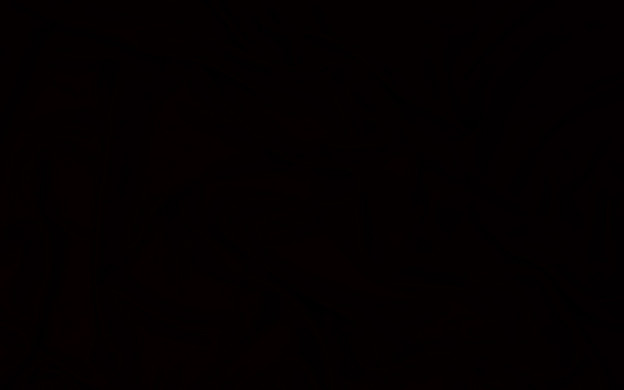An interview with Black Ocean
Into the magic

Black Ocean, publishing quality books of poetry that you may have heard of, responds to my query. My hope is that you'll check out their amazing catalog after you find out what publisher and co-founder Carrie Adams has to say about the press and its history and influences.
a. How did you get the name Black Ocean?
We owe the name to founder/publisher Janaka Stucky. Though the exact origin story remains a happy mystery to me, I like to think that it speaks to that great Hölderlin abyss, from which poetry is made and into which poetry is sent as a companion.
b. How did you guys meet and decide to start a press?
Janaka and I met as students in the low-residency MFA Program at Vermont College. This was many years ago, when there were only a few small, start-up presses trying to actively make a name for poetry in the larger literary world. It was before the AWP bookfair became multiple rooms and floors and nearly endless rows of crowded tables all populated with writers who were equally committed to publishing. We've since entered the age of the writer/publisher or poet/editor (as I am myself), where it's become a community of poets devoted to promoting poetry and each other (as much, if not more, than his or her own work). Janaka and I have always believed there was a hungry audience for poetry---even if they didn't know what they were hungry for yet. And we've also believed that there is a larger audience for poetry than just poets alone, and we have been determined to find it---whether through interdisciplinary works that bridge poetry and music (like Pink Thunder) or poetry and theater (like the shadow-puppet play of Fjords) or by working with authors who are willing to travel and tour and bring their work directly to audiences. It was something we spent a lot of time talking earnestly about over whiskey and then increasingly became more and more convinced we could actually do it. I was already working in academic publishing (as I am today), so I had some foundational knowledge while Janaka had the charisma and, most importantly, the courage to take the business risk.
c. What are some of your aesthetics that future readers might want to know about?
I think it's impossible to pick one Black Ocean author and make a rule about our aesthetics---be it surrealist or whimsical or meditative or concise or carnal or abrasive. I'm very pleased with how over the years our list has become varied and balanced, so that authors who don't seem at first to be of the same sliver of the world actually turn out to curiously complement each other. If you line up our catalog of books on your shelf---not only would they be stunning to look at---but they would have incredible conversations amongst themselves. The debates about approach and style, their quiet and disquiet. I don't have any rules about what I'm looking for when I'm reading submissions other than I want it to feel essential, as though it has no choice but to be. And I want it to feel deliberate and well-considered, but also human. I want to feel, and I want to be surprised. Show me how to see something that's been right in front of me all along.
d. How do you feel about the concept of the avant-garde today?
I think the idea of the avant-garde no longer exists today. Perhaps that's because it's not necessary. With the profusion of small presses, there is now a niche for everything, whether it's shocking or formal. So many different strains of poetry are all co-existing and finding their home and their readers. And yet there is still a sense of what's fashionable and unfashionable (certainly how I feel much of the time!) in the culture of poetry---word choice, motif, engagement or disengagement with pop culture. The downside to a great democracy of art feels like a loss of experiment.
e. Who are some of your favorite poets?
Besides everyone on Black Ocean's list??
I'll admit to having been swept up into the interest in Chika Sagawa, the Japanese poet from the early twentieth-century, recently translated by Sawako Nakayasu for Canarium Books. I'll forever be a modernist at heart, and so it's like discovering a new best friend. She is at once Japanese and yet so very European, which is especially interesting to me as someone who has been studying Japanese for the past few years and spends an extensive amount of my day pondering the relationship between syntax and vision. I also wonder if she is part of the last generation of poets who can/will be discovered. Given the rapidly increasing number of books being published each year---and the growing number of writers---I wonder if there will ever be time/space for turning back, for excavating anymore. I think we are in an era of writers who---because of the constant demand for attention and the constant distraction of the next feed loop, the next screen refresh---must make their names in the moment. It's fascinating and scary all at once.
You can find Black Ocean online at http://www.blackocean.org.
Small presses on the move